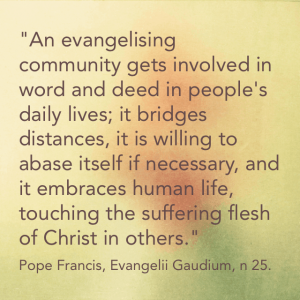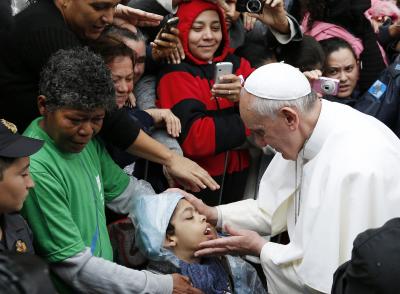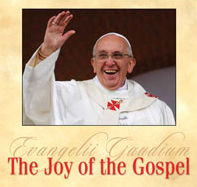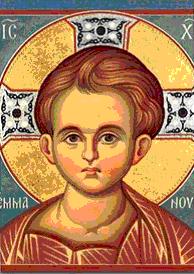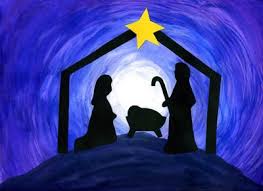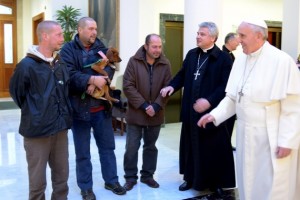 By now, Pope Francis has cultivated a reputation as a pope who has a particular concern for the poor and a focused interest in calling the Church to a sustained care for the poor in our world. In his apostolic exhortation, Evangelii Gaudium, Francis makes this focus abundantly clear: “Each individual Christian and every community is called to be an instrument of God for the liberation and promotion of the poor, and for enabling them to be fully a part of society” (§ 187).
By now, Pope Francis has cultivated a reputation as a pope who has a particular concern for the poor and a focused interest in calling the Church to a sustained care for the poor in our world. In his apostolic exhortation, Evangelii Gaudium, Francis makes this focus abundantly clear: “Each individual Christian and every community is called to be an instrument of God for the liberation and promotion of the poor, and for enabling them to be fully a part of society” (§ 187).
This call for the preferential option for the poor is deeply rooted in the Biblical story and in Jesus Christ’s witness to us. The story of God’s relationship with humanity, as we find it told in Scripture, is one of God’s liberation of those who are oppressed. In the Exodus, God freed the Israelite slaves. The Law exhorts the Israelites to remember that God freed them and to practice that same liberating impulse in their relationships with those in their communities who most needed care, protection, and justice. The Law calls these who most need our care “the widows and the orphans” – but this category included all of those who have no one else to protect stand up for them. The prophets continually denounced the Israelites when they forgot this call from God, when they failed to treat “the widows and the orphans” with justice. Jesus, too, shows us that we are called to assure that all in the community are treated with justice and love.
Drawing on this scriptural tradition – as well as a very long and profound tradition within the teachings of the Church – Pope Francis calls us to remember that we are all obligated to provide for the just conditions of all in our community. And this call is to each and every Christian; it is not reserved to those few people who work directly with the poor. Just as evangelization is part of the identity of the Church and each of us is called to make up this evangelizing Church, so too is justice a part of the identity of the Church and each of us is called to make up a Church that works for justice.
And this must mean more than simply providing charity for those who are experiencing poverty. While charity – the money, gifts, and time we donate from our excess – is of vital importance, it is not enough. God requires that we also work for justice. Francis reminds us: “The Church has realized that the need to heed this plea [for justice] is itself born of the liberating action of grace within each of us… It means working to eliminate the structural causes of poverty and to promote the integral development of the poor, as well as small daily acts of solidarity in meeting the real needs which we encounter” (§ 188).
This is an enormous mission that God is calling us to: “We are not simply talking about ensuring nourishment or a ‘dignified sustenance’ for all people, but also their ‘general temporal welfare and prosperity.’ This means education, access to health care, and above all employment, for it is through free, creative, participatory and mutually supportive labor that human beings express and enhance the dignity of their lives. A just wage enables them to have adequate access to all the other goods which are destined for our common use” (§ 192). This is a tall order, but it is one that, with God’s guidance and grace, we can manage. In our modern world, we have the resources to end poverty and to structure our societies in such a way as to promote the human dignity of each and every person. What we seem to lack is the commitment that God is calling us to.
As we move towards the end of Lent, let us pray that God will strengthen us in the fight for justice in our world so that we can follow God’s call and help to realize the Reign of God in our world.

